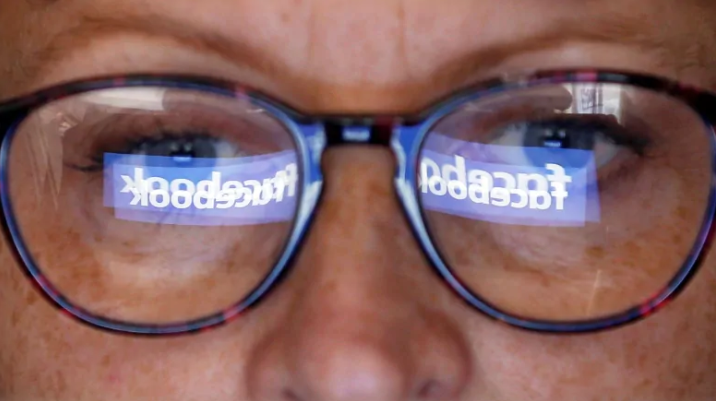
Threshold will be high for going public with any interference attempts in the upcoming election
Canadian security agencies haven’t seen any direct threats to the 2019 election so far, but a government official says hostile foreign actors are positioning themselves already to insert themselves into the campaign.
A handful of senior officials spoke to reporters on the condition of anonymity Tuesday to offer an update on how they’ll alert the public to any serious attempts to interfere with the October election.
The Canadian Security Intelligence Service, the Communications Security Establishment and the RCMP are monitoring foreign threat activity in Canada and around the world — which is not unusual, said one official.
“At this time, we haven’t seen direct threats to the 2019 general election,” the official said.
CSIS continues to observe hostile foreign actors “taking steps to position themselves to clandestinely influence, promote or discredit certain messages, candidates or groups during the campaign,” the official added.
Earlier this year, the federal government announced it would set up an internal team — the ‘critical election incident public protocol panel’ — to sound the alarm if it sees evidence the October federal election is being undermined.
‘A last resort’
The group is made up of five bureaucrats who will alert the public if they become aware of interference during the campaign period, also known as the writ period. It will be made up of the Privy Council clerk, the national security adviser and the deputy ministers of foreign affairs, justice and public safety.
On Tuesday, the government explained further how that will work.
Officials said the threshold will be high for deciding whether to go public with any tampering attempts, and emphasized that the panel doesn’t want to appear to be acting as a referee in the election.
“The threshold is high because you can’t have a situation where the panel’s intervening like 20, 30 times. That in itself is a disruption to the election,” said one senior official. “It has to be a last resort, not a first resort.”
Running through mock scenarios
The panel largely will be looking at foreign incidents, but it could weigh in if something in the domestic sphere puts the election at risk.
If the panel unanimously agrees there’s been a substantial threat to a free and fair election, it would alert the prime minister, political party officials and Elections Canada about the incident — and then go public.
Examples of such threats could include attempts to blackmail candidates, hack a party database or spread misinformation through manipulated video (sometimes known as ‘deep fakes’) or other deceptive means.
Officials said that, so far, they haven’t observed anything that would trigger a public announcement.
The panel will only be active once the campaign officially kicks off — likely in September.
In preparation, the panel has been running what it’s calling “table top” exercises — mock scenarios to game out responses to threats.
The Communications Security Establishment put out a report earlier this year saying that Canadian political leaders and the Canadian public have been targeted by foreign cyber interference activities since the 2015 federal election.


